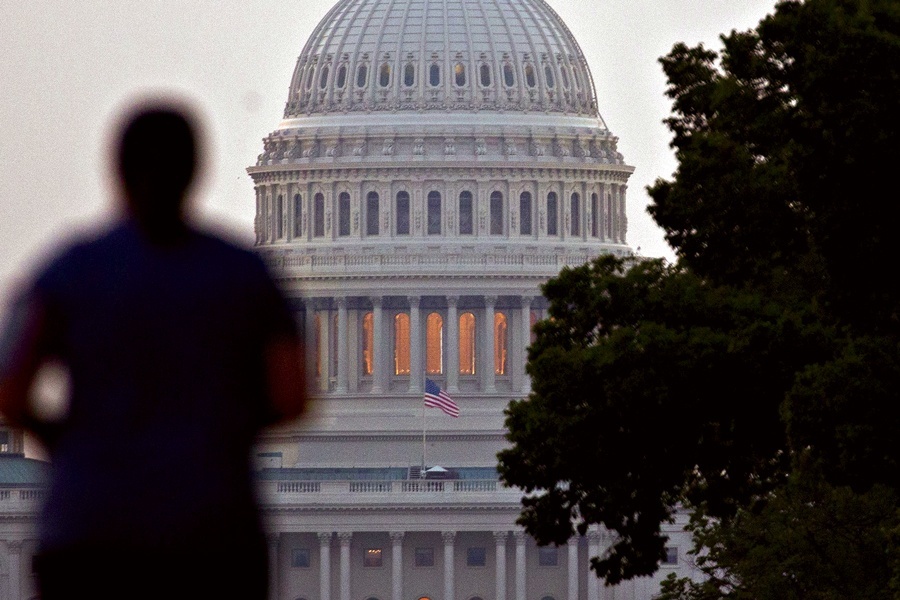

A bipartisan group of three senators introduced legislation on Wednesday that would open 403(b)s to multiple-employer plans and pooled employer plans.
The bill is very similar to one introduced in December by the same group of legislators — Sens. Chuck Grassley, R-Iowa, Maggie Hassan, D-N.H., and James Lankford, R-Okla. Other members of Congress have also moved to allow nonprofits and other organizations eligible to operate 403(b) plans to participate in MEPs and PEPs, although those efforts have so far been unsuccessful.
Companies that have waded into the PEPs business as pooled plan providers see tax-exempt organizations as very attractive, having even more potential than groups eligible to operate 401(k)s.
In most cases, 403(b)s are not able to participate in MEPs, although nonprofits can if they receive express permission from the Department of Labor. Under the law, the 403(b) code does not positively identify MEPs as an allowable plan arrangement.
The bill introduced Wednesday seeks to change that; it would also clarify that small employers that join a MEP can claim a pension plan start-up tax credit for three years.
Like its prior iteration, the bill would also give employers up to 9 ½ months to correct certain errors caused during the implementation of automatic plan features that occurs when joining a MEP.
PEPs, which were enacted in the SECURE Act, allow unrelated employers to participate in the same plan. By contrast, MEPs generally require a connection, such as ownership by the same company, membership in the same group or use of the same third-party benefits provider.
The new legislation has support from industry groups, including the Insured Retirement Institute.
“The bill provides common-sense, bipartisan solutions that will help address the challenges and obstacles that continue to inhibit savings and producing income during retirement,” Paul Richman, chief government and political affairs officer at IRI, said in a statement.

Canadian stocks are on a roll in 2025 as the country prepares to name a new Prime Minister.

Two C-level leaders reveal the new time-saving tools they've implemented and what advisors are doing with their newly freed-up hours.

The RIA led by Merrill Lynch veteran John Thiel is helping its advisors take part in the growing trend toward fee-based annuities.

Driven by robust transaction activity amid market turbulence and increased focus on billion-dollar plus targets, Echelon Partners expects another all-time high in 2025.

The looming threat of federal funding cuts to state and local governments has lawmakers weighing a levy that was phased out in 1981.
RIAs face rising regulatory pressure in 2025. Forward-looking firms are responding with embedded technology, not more paperwork.
As inheritances are set to reshape client portfolios and next-gen heirs demand digital-first experiences, firms are retooling their wealth tech stacks and succession models in real time.
